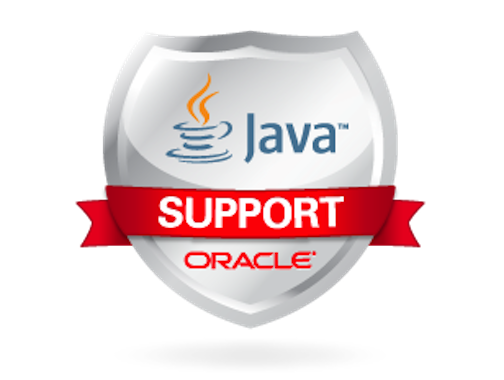Kudos to the Java team for creating such a lovely programming language and this language is used to develop software on multiple platforms around the world.
But recently, there have been some changes to its licensing and support. I do care how much effect it will cause to the developers’ community.
But a lot of developers who aren’t aware of this development. It’s fundamental to know that a programming language which has been free in these past years will now require a fee.
Donald Smith, who is a senior director of product management for Oracle, disclosed why Oracle has decided to release new features of Java every six months.
He reveals that this new development will bring about fewer bugs, more security, and more efficiency during operation.
“We had to do that to keep up with modern application development. I’m very unapologetic about the new release cadence because doing major releases every three to five years and having a three to five-year window to get a feature out is just not sustainable anymore,”
He said.
“A release cadence of six months is how we keep relevant in the cloud.”
Also, Oracle has decided to release an LTS version to JDK every three years without an update on the previous versions.
Interestingly, you can no longer stay on a specific version for more than six months maybe you would have to get updates from a commercial operator or apply patches from later free OpenJDK versions manually. The new release will be out every March and September of every year.
LTS platform was in the development of Linux OS, but it seems Oracle has decided to give it a try on Java development.
LTS will now be with two development kit, an OpenJDK build under the GPL open source license, and a commercial Oracle JDK build under a paid license. Therefore, Oracle will only support new OpenJDK builds for six months.
So after positive progress of the Java ecosystem, I question if Oracle will be able to capitalize on its intellectual property.
Because Java is widely accepted and if they will be willing to adapt to this development. But it seems Oracle is ready to take the risk to keep up with modern application development.
Read More on DuneBook


